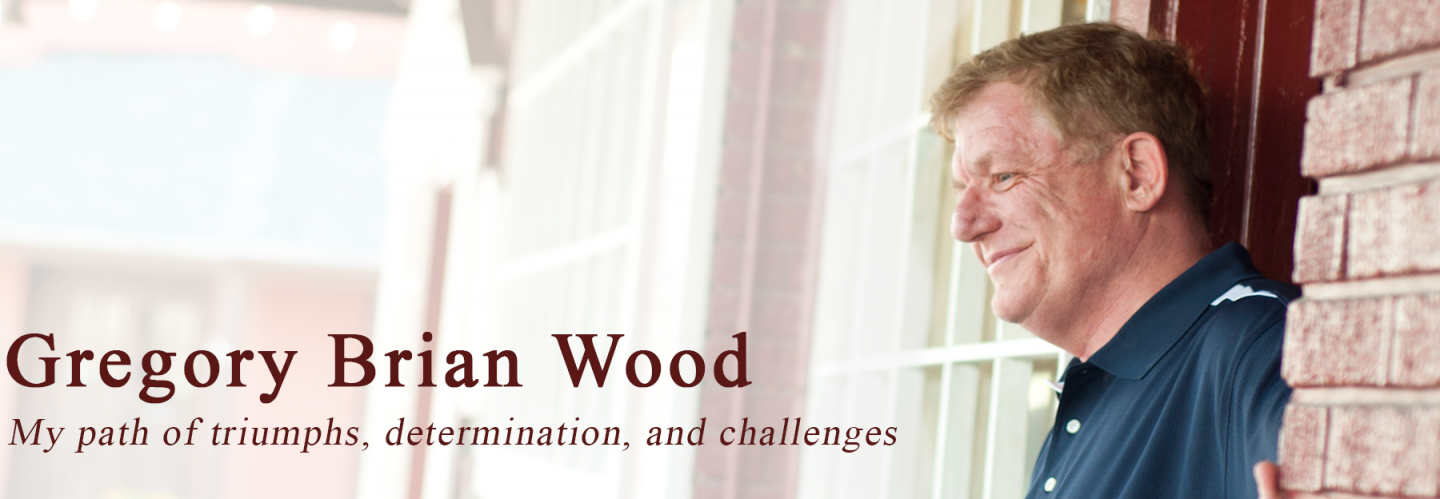By Sarah Easedale, BBC News
I have experienced the same thing that Andrew has after getting on dating apps . I have been off of them for a while and wonder at my age will I ever have the experience of a like minded partner. – Greg
Andrew Edwards isn’t giving up on love despite his autism making online dating difficult. Being ghosted, misunderstood and judged is how an autistic man has experienced dating apps. Andrew Edwards, 39, said there needs to be more support for autistic adults who are looking for romance.
He has given up on online dating after six years of trying, describing them as “demoralising”. Being autistic does not mean you have an illness or disease. It means your brain works in a different way from other people. “The constant ghosting is quite confusing for someone with autism,” Andrew said.
“Due to this my moods could fluctuate quite wildly depending on replies and my stress levels were affected quite greatly.” Andrew, used both conventional and autism-specific sites, and while he says he has learned from his experience and feels “less naive” now, his experience was not good.
“If people behave like that on the street to someone, it wouldn’t be acceptable,” he said. Andrew added that scrolling on the apps also played on his “obsessional nature”, as well. Andrew and Mel’s mother Hazel died after developing pneumonia following Covid-19. Andrew requires 24-hour care from his sister Mel after his mother died after developing pneumonia following Covid-19.
“I am articulate and knowledgeable but I require 24 hour care of my sister… a lot of people just don’t get this,” he said. Andrew has a busy life. He has a close family, plays cricket and trains at the gym several times a week, as well as working part time for an autism charity. But the lack of a romantic partner weighs heavily. Andrew says there must be other neurodiverse people who feel the same as him, and says local friendship or dating groups for people on the autism spectrum could help. He has tried to set up a group himself, but faced difficulties and found it too stressful to organize. There’s a lack of support and funding for those with autism who are adults… our services are geared towards youngsters,” he said.
“I would love to attend a group that could lead to possible romantic relationships. “People don’t judge as much (in person) as they do behind their phone screen.” She says she would love Andrew to find a girlfriend, but also believes that meeting someone face to face would suit him better.
“Obviously he has got a really full life, but it would be so nice for him to meet someone special because he’s got so much to give, and he would make somebody a lovely partner. “It would have to be someone very special for them to be right for each other.” Autistic people can have difficulty “reading” other people – recognising or understanding others’ feelings and intentions. Autism is a lifelong developmental disability which affects how people communicate and interact with the world. Autistic people often have difficulties with interpreting both verbal and non-verbal language like gestures or tone of voice. Many autistic people find the world unpredictable and confusing place and they like routines so that they know what is going to happen. Anxiety is a real difficulty for many autistic adults, particularly in social situations or when facing change.
Source: National Autistic Society

